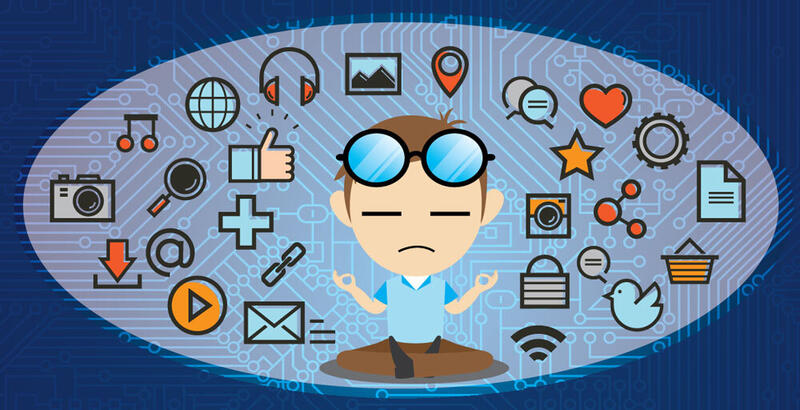
To the extent it’s possible and reasonable, I track everything. I record my steps and location. I track my time and internet usage. I check off my habits and completed tasks. I have a log of my heart rate. I journal about what I’m thinking about, studying, or debating internally. I have hundreds of hours of sleep in my logbook. I archive and highlight articles and quotes of books I read. I have written drafts on over 200 ideas. I’ve compiled a list of nearly every book I’ve read or listened to. I keep a weekly diary reviewing the past 7 days and often add daily entries. I have an extensive digital trace.
I write. I document. I record. I track.
There are various reasons I do all of these things. Firstly, I like it. I tracking and seeing my data. But beyond that, it helps me improve behaviorally, psychologically, and in terms of critical thinking. I have created an extensive aide-de-memoire, and, like the mythological pensive in Harry Potter, I’m able to go back in time to see my thoughts, and movements. A self then-and-there, I can look back on nearly any day in my past and find the thread of what was. But mostly I like it and I’m obsessive about it.
It’s a good era to be a chronicler.
When our social and work lives became intertwined with the digital and the internet, it opened a lot of new doors in the history of humanity. These devices from the computer to the smart phone are passive creators of data. The internet is everywhere now and our physical lives provide touch points back into the fabric of the internet itself. It’s a tight feedback loop for a new enmeshing of self-data-reality.
The robot-human self is still not here yet, but we are already on the path its birthing.
Since before high school, I’ve kept various travel journals and sketch books. This was before the internet and digital took over. I still write in pen from time to time. It’s meditative and is good for travel. Over time, I’ve accumulated a row on my book shelf of these analogue traces. It’s not indexed nor spidered into my search engines. But it’s physical
Having grown up between when there was no internet and when there was only the internet, these tactic things are pungent with the nostalgic and with the real.
The virtual reality world has not yet reached the tactic, but the VR and AR worlds are pursuing it.
By using computers and smart, we don’t have to be a angst-filled teenager scribbling in our diary to preserve our past. Our act of using the internet means we are part of this collective creation, recorded in digital bits. We leave traces of our past. Companies leverage our data for their business models. They tighten an understanding of a self that shares what they are in their doing in that digital realm.
A few places like Facebook have had us for nearly a decade. Even rare users like myself can have their past resurfaced in in time capsule photos of friends we now rarely see. It’s a heartless algorithm that doesn’t know the vicissitudes of time. It merely shares back without true connection. It’s magical at times. It’s haunting at others.
By tracking ourselves and making the meaning our own, we engage in a different kind of creation. We don’t merely record, we write with our intentions. We infuse our hopes and optimism, heartbreak and hard truth into these digital traces. We don’t merely record. We don’t merely document. We remember.
I’m an obsessive tracker. I’m addicted to my data and the pool of information and meaning it can potentially.
Welcome to the era of the quantified self.
This is merely the prologue.
